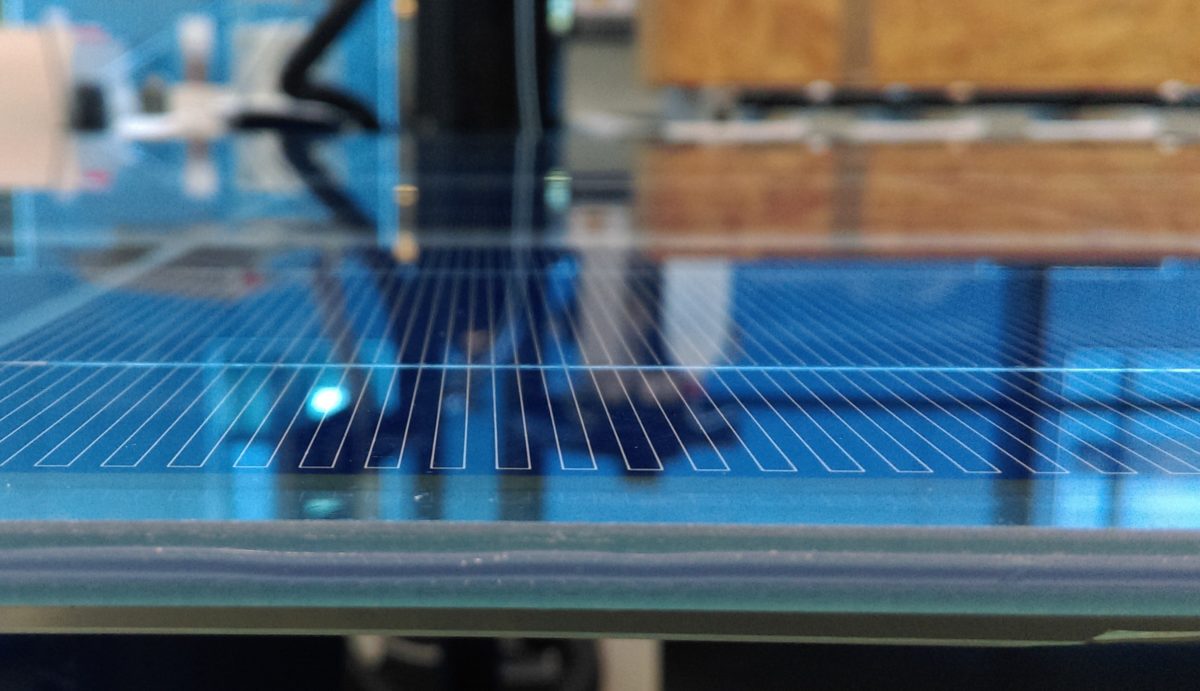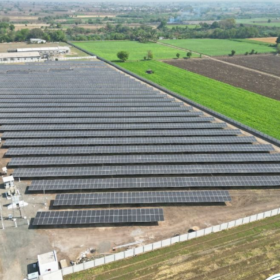Indian solar glass manufacturer Borosil Renewables earned INR 168.16 crore revenues in the first half of FY2020-21, recording a 65% growth over INR 101.72 crore earned in H1 FY2019-20. Profits after tax during the period jumped to INR 12.19 crore, a 547% growth YoY.
The new fiscal year started on a disappointing note for the solar glass manufacturer. Its turnover in the first quarter dipped sharply to INR 54.07 crore from INR 94.26 crore in the previous quarter (Q4 FY2019-20) due to Covid-prompted lockdown restrictions.
The company noted that the pandemic also hurt most commodities’ international prices, including solar glass.
However, production/sales ramped up in a very short time as the uncertainties gradually settled in the second quarter. “In the meantime, the prices also started to look up as the uncertainties gradually settled. Substantial improvement in production and operating performance, cost savings in inputs/ expenses added to the margin”—stated the company in its stock exchange filing.
Consequently, its turnover in Q2 FY2020-21 reached an all-time high of INR 114.09 crore, even exceeding the performance in Q4 FY20.
Plans
Borosil Renewables claims 18-20% of its revenue from exports, with most international clients based in Western Europe. The company is now expanding outreach in geographies like Americas, Russia and MENA.
The manufacturer, which currently has a tempered solar glass manufacturing capacity of 450 tonnes per day (tpd), has announced plans to double the production by adding a 500 tpd furnace. The new facility is expected to be commissioned before the third quarter of the calendar year 2022.
This content is protected by copyright and may not be reused. If you want to cooperate with us and would like to reuse some of our content, please contact: editors@pv-magazine.com.









1TW of Solar Panels require 40 Million Tons of Glass. Borosil “visionary plans”are 350,000TPY..
India Energy needs are substantially higher than 1TW….
Even if Borosil can capture 10% of this market…. it will take another 12Years to meet just the 1 TW demand… but as demand could very well be 1TW/yr…. the “vision” of Borosil is of a frog seeing its world as its small backyard pond…. Borosil needs to “grow up” and target a production that is 10-50 times higher…. to even make a “dent” in India’s version of Eutope’s Green Deal…. or The Zero Pollution Option by 2050….